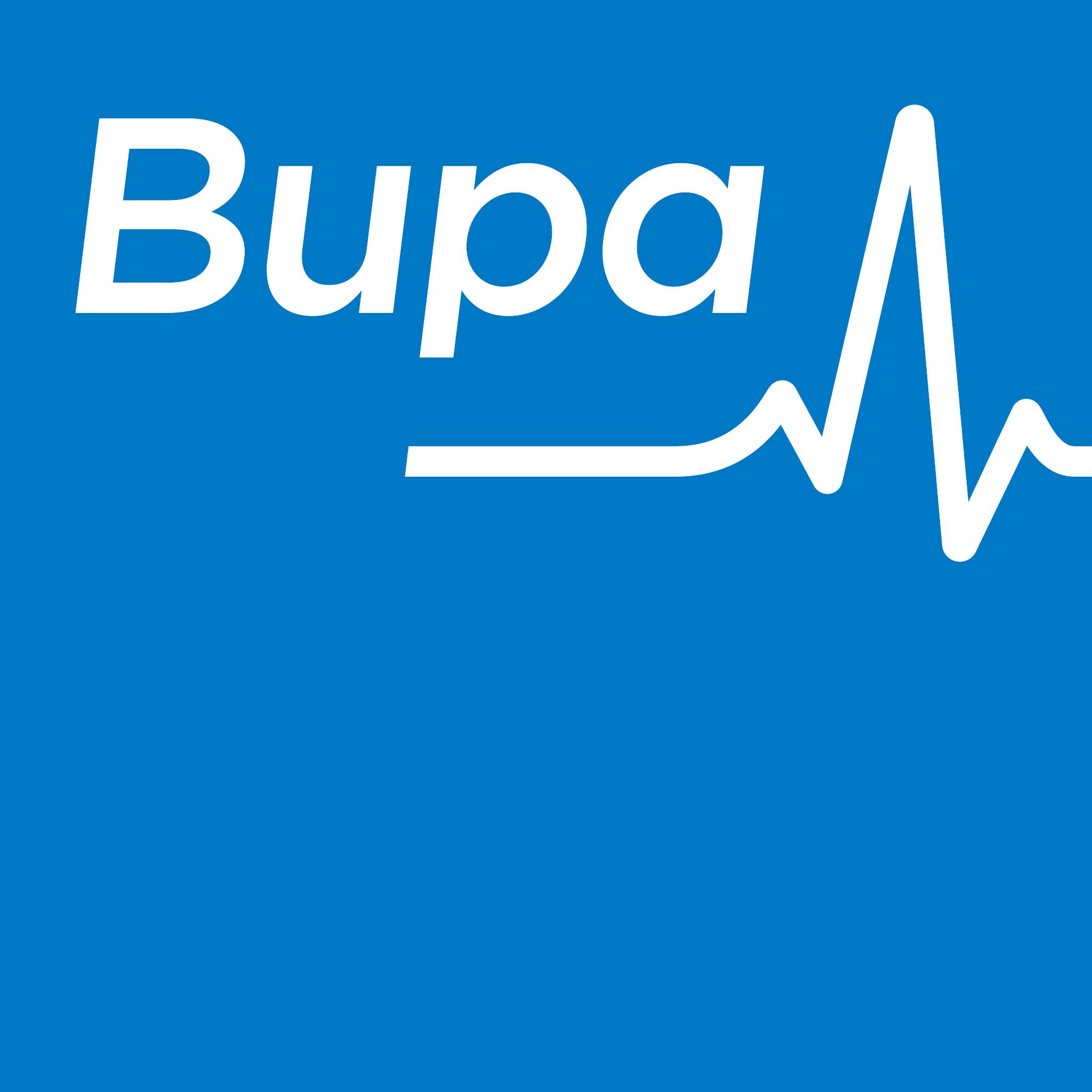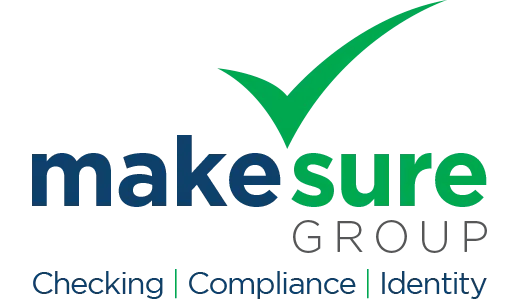The Dead Internet Theory and how bots are shaping cybersecurity

The Cyber Sushi
(serving up the cold facts, with some phish bytes)
Welcome back! Here's what we are covering in this issue:
- The Dead Internet Theory and how Bots are shaping cybersecurity
- Revealed: The Most Frequently targeted sector in data breach reports
- On the road again: Learning in Liverpool
- Behind the Mask: New and Trending scams
- Ask Dr Lacey: "How easy is it to hack into emails and attachments and change details?"

The Dead Internet Theory and how bots are shaping cybersecurity
Do you love scrolling through your social media feed and having a giggle at some of funny posts and videos that pop up?
Would it shock you to know that a recent study suggested nearly half of the long form posts (41.8%) you see in your Facebook feed weren't created by a human?
Dead Internet Theory takes this even further. It is a theory which suggests the internet, as we know it, has been taken over by automated systems, bots, and artificial intelligence. The goal? Drive out real human voices and connections with algorithmically generated or manipulated posts.
What Does This Mean for Cybersecurity?
There is no doubt, the rise of AI-driven content and bot accounts poses significant risks. From fake news to phishing scams and ""investment" chat forums, bots are creating content everywhere. They're often designed to mimic human behaviour so well; it can be very hard to determine human-content from machine-content. Bots can also track your user behaviour on scales never seen before. They can harvest the cute little family videos you share, or the personal updates on family on a massive scale which can be used for identity theft.
How to Protect Yourself
- Change your settings! Now, more than ever, you need to control your privacy settings in your social media account and restrict who can see what you share. Limit it to real people – your family and friends.
- Question Everything: Remember, technology can generate almost anything – from photos, to voices, to videos, to “Ed Sheeran gospel music”. Take a look at this deepfake of the British superstar’s “new song”
- Stay clear of investment platform chat groups, particularly on WhatsApp. IDCARE regularly receives contact from clients who lose thousands in an investment scam that include a platform where other “investors” communicate about their increased earnings.
- Stay informed: Keep up to date on the latest AI scam trends by following us on social media. Our posts are created by humans 🙂

Revealed: The most frequently targeted sector in data breaches
The number and severity of data breaches impacting Australians is intensifying. In the first half of 2024, data breaches reported to the Office of the Australian Information Commissioner surged to their highest level in just over three and a half years. But our data has revealed, one sector was more targeted than any other.
That sector was the healthcare sector, featuring in 20% of all data breach reports to IDCARE.
There is a reason why criminals value data stored by your local medical centre and other health care providers, such as psychology practices, more than others. It is not just the risk of identity theft, this data contains highly sensitive personal medical information that is extremely valuable to you.
Cybercriminals deploy ransomware to encrypt and steal your medical information, leveraging it to pressure healthcare providers into paying a ransom in exchange for the information they once thought was secure.
When a healthcare organisation faces a breach, the way they respond is critical. A swift and effective response is vital not only for mitigating damage from the criminals but also for getting systems back up and running to continue providing essential care to patients.
They way they communicate after a breach is just as important as their technical response. IDCARE has received numerous reports from clients who’ve been left anxious and frustrated due to vague or absent data breach notifications.
If you own a health care business, or know someone who does, they may qualify for IDCARE's Small Business Cyber Resilience Service. Find out more at idcare.org/smallbusiness.
Larger businesses can find out more about our range of support services at Organisation Support Services | IDCARE.
IDCARE has compiled a Monthly Report which explores data breaches and the healthcare sector in more detail. Find out about ordering your copy at [email protected]


On the road again: Learning in Liverpool
Did you know Liverpool in New South Wales is one of the most multicultural places in Australia, with over 120 ethnicities and 140 languages spoken? It's also an area impacted by scams and cybercrime - particularly employment scams. In March, our Cyber Resilience Outreach Clinic (CROC) team visited Liverpool and Parramatta to engage with schools, community groups, and libraries on scam prevention.
These were some of the highlights:
- At Hoxton Park Public School, we hosted a multicultural session where participants (pictured above) suggested multilingual handouts and travel safety guides—ideas we're excited to act on!
- We joined in the Liverpool Connections Women’s Group for their morning session and had a chance to talk about the scams our analysts have seen impacting their community. .
Both groups shared invaluable insights on how we can better educate their communities about scams, emphasising the importance of delivering messages in their native languages.
We also launched our ‘Meme the Scam’ workshop at Hoxton Park High School, where students learned about scams affecting their community and were encouraged to create short videos to help raise awareness. Their ideas were brilliant, and we can’t wait to develop and share their initial concepts. Watch this space!

Next Stop: Victoria!
From April 1st–12th, we’ll be in Bendigo, Horsham, Melbourne, and Naracoorte (SA), delivering train-the-trainer sessions, community workshops, and scam awareness talks.
For event details, visit our events page at CROC - Events - everyone is welcome!

Behind the mask: The Guide to New and Trending Scams
The Trending Investment Scam
This scam made its debut in IDCARE’s data back in November, and since then, more than $4.7 million in financial losses have been reported. The scam is centered around the so-called DB Wealth Institute and uses clever tactics to appear legitimate.
What’s makes it clever is that the criminals haven’t only generated a website with the fake investment opportunity, they’ve created supplementary websites with fake testimonials and reviews to give the investment scam legitimacy. They also have chat groups – with content largely generated by AI – to drive interaction.
How It Works:
Engagement is hosted primarily in WhatsApp group chat, with cybercriminals providing “investment advice and coaching". These chats are generally occupied by fake accounts, boasting fake profits. These accounts are often driven by bots rather than real people, allowing for messages to occur en masse. Clients are then invited to invest in cryptocurrencies through their platforms.
Our Tips:
Be very cautious when considering investment opportunities on social media or chat forums! When researching websites, reviews, or testimonials, don’t take them at face value—always check the source to verify their legitimacy.
Rental Scams and South East Queensland
South East Queensland residents have been through a lot. For the first time this century, a tropical cyclone (Alfred) formed off the SEQ coast, causing widespread flooding. Many people have also been desperately searching for rental properties, which has unfortunately led to an increase in rental scams as criminals take advantage of the housing crisis.
Last month, 49% of the rental scam reports across the nation came from Queensland, with a large portion specifically from SEQ. These scams are often being advertised on Facebook.
Our Tips:
Be extremely cautious about rental listings on social media, even if they include a physical address. Always arrange a property inspection before transferring any funds or sharing personal details, like your driver’s licence. And never rely on virtual viewings alone!
Disaster Relief Scams
Criminals are quick to exploit natural disasters, and the devastation caused by Cyclone Alfred has given them yet another opportunity to scam people.
Our Tips:
Don’t trust any texts, messages, or emails promising “cyclone relief” funds or offering no-interest loans. Always verify such offers by going directly to the official source through their official website (and not any links provided).

Have a Scam, Identity, or Cyber-Related Question? Ask Dr. David Lacey!
Having dealt with countless cases of scams, identity theft, and cybercrime, Dr. David Lacey is one of Australia’s most respected experts in the field. He is highly sought after by both government and industry for his unique insights into the online criminal environment. In this edition of The Cyber Sushi, Dr. Lacey is inviting you to submit your questions – and we (the Cyber Sushi team) will answer them. Send your questions to [email protected].
Our question today comes from Adrian.
Hi Dr. Lacey,
Would you please answer the following questions
Assuming one has not been tricked into disclosing details to cyber criminals and one has reputable virus checkers:
1. How easy/difficult is it to hack into emails and attachments and change some of the details? What precautions can one take to reduce the possibility of this occurring?
Regards,
Adrian
Answer:
Hi Adrian
Thanks for the great questions. Unfortunately, even having the best anti-virus and being vigilant for suspicious messaging is no guarantee your email won't be compromised. And here's why - extensive amounts of your data has been exposed online due to large number of data breaches - some you may not even be aware of. I'm not sure if you've even done a search on your email and password on the fabulous site founded by Australian Troy Hunt, Have I been pwned? Have I Been Pwned: Check if your email has been compromised in a data breach You may be surprised to find your email address and password have been breached., compromising your email account.
One of the best ways to protect against email compromise is ensuring your account is protected with multi-factor authentication. This simple step helps stop most account takeovers. It is really easy to set up and takes minutes. You can find suggestions on how to do this in our Learning Centre at IDCARE.org.
Best regards,
The Cyber Sushi team
Join the global list of organisations making a real difference in people’s lives by supporting our service.






















































Copyright © 2025, IDCARE. All Rights Reserved.
ABN 84 164 038 966








